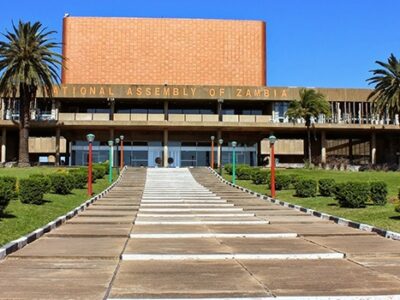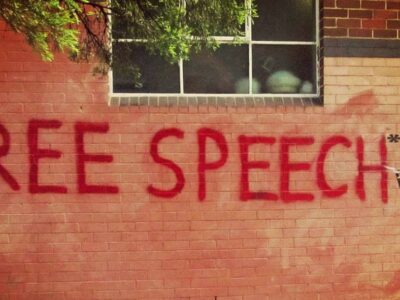Zambia’s political climate has been marred by restrictions on freedom of speech and assembly, state control over media and limited space for dissenting voices, contributing to polarization and partisanship.
The search for safe spaces for speech is crucial for promoting democratic participation, encouraging diverse perspectives and fostering inclusive dialogue.
Recently, United Nations experts from the Human Rights Council called on the Zambian government to address escalating infringements on fundamental freedoms, citing numerous allegations of arbitrary arrests and detentions.
The rapporteurs expressed concern over arrests related to unlawful assembly, espionage, hate speech, and seditious practices.
“Opposition leaders, parliamentarians, human rights defenders, and activists are increasingly targeted, with restrictions imposed on gatherings, meetings, and peaceful protests,” the experts highlighted.
They also reported 16 incidents involving journalists and media outlets, and 11 cases of clashes and assaults, often involving ruling party members targeting opposition supporters.
In response, Chief Government Spokesperson Cornelius Mweetwa stated, “The Government of Zambia under the UPND has no record of any such arrests, and we are perplexed as to the source of this erroneous information.”
Addressing claims of limited democratic space for the opposition, Mweetwa underscored the government’s ongoing consultative process to review and potentially repeal the Public Order Act, reaffirming its commitment to enhancing democratic governance in Zambia.
The UPND Alliance partner, the National Restoration Party (NAREP), supported Mweetwa’s sentiments and called on the UN Human Rights Council to verify the authenticity of the alleged human rights abuses.
NAREP president, Ezra Ngulube, emphasized the need for a comprehensive response from the Zambian government before drawing conclusions.
“We believe the experts should have awaited a detailed response from the Government of Zambia on these allegations to ensure a balanced view was presented to the United Nations Human Rights Council,” Ngulube said.
“The allegations received by the experts could originate from anyone, whether inside Zambia or abroad.”
An international organization, Freedom House, noted that Zambia’s political system includes regular multiparty elections, and some civil liberties are respected.
However, it highlighted that opposition parties face significant legal and practical obstacles to fair competition.
Freedom House also cited restrictive laws on political space and online speech under President Hakainde Hichilema’s administration.
In January, the Kenmark Broadcasting Network (KBN TV) aired a recording of two government officials discussing how to interfere in a by-election involving the Democratic Party (DP). Following this, a KBN TV manager was investigated for violating cybercrime laws after airing the recording.
In December, the government repealed a penal code provision that criminalized insults against the president and removed the death penalty, which had not been imposed in Zambia since 1997.
In 2023, opposition political parties wrote to President Hichilema, expressing concern over what they described as shrinking democratic space and high poverty levels.
Reading the letter on behalf of her colleagues, New Heritage Party president Chishala Kateka stated, “Your Excellency, as members of the opposition, we are deeply concerned with the current state of our nation. We have noted that there is a shrinking democratic space.”
To create and maintain safe spaces, it’s essential to promote media literacy and critical thinking, support independent media and journalism, encourage diverse representation and inclusion, foster a culture of tolerance and respect, and advocate for policies protecting freedom of expression.
By seeking and creating safe spaces for speech, Zambians can work towards a more inclusive, participatory and democratic political climate.
WARNING! All rights reserved. This material, and other digital content on this website, may not be reproduced, published, broadcast, rewritten or redistributed in whole or in part without prior express permission from ZAMBIA MONITOR.












Comments